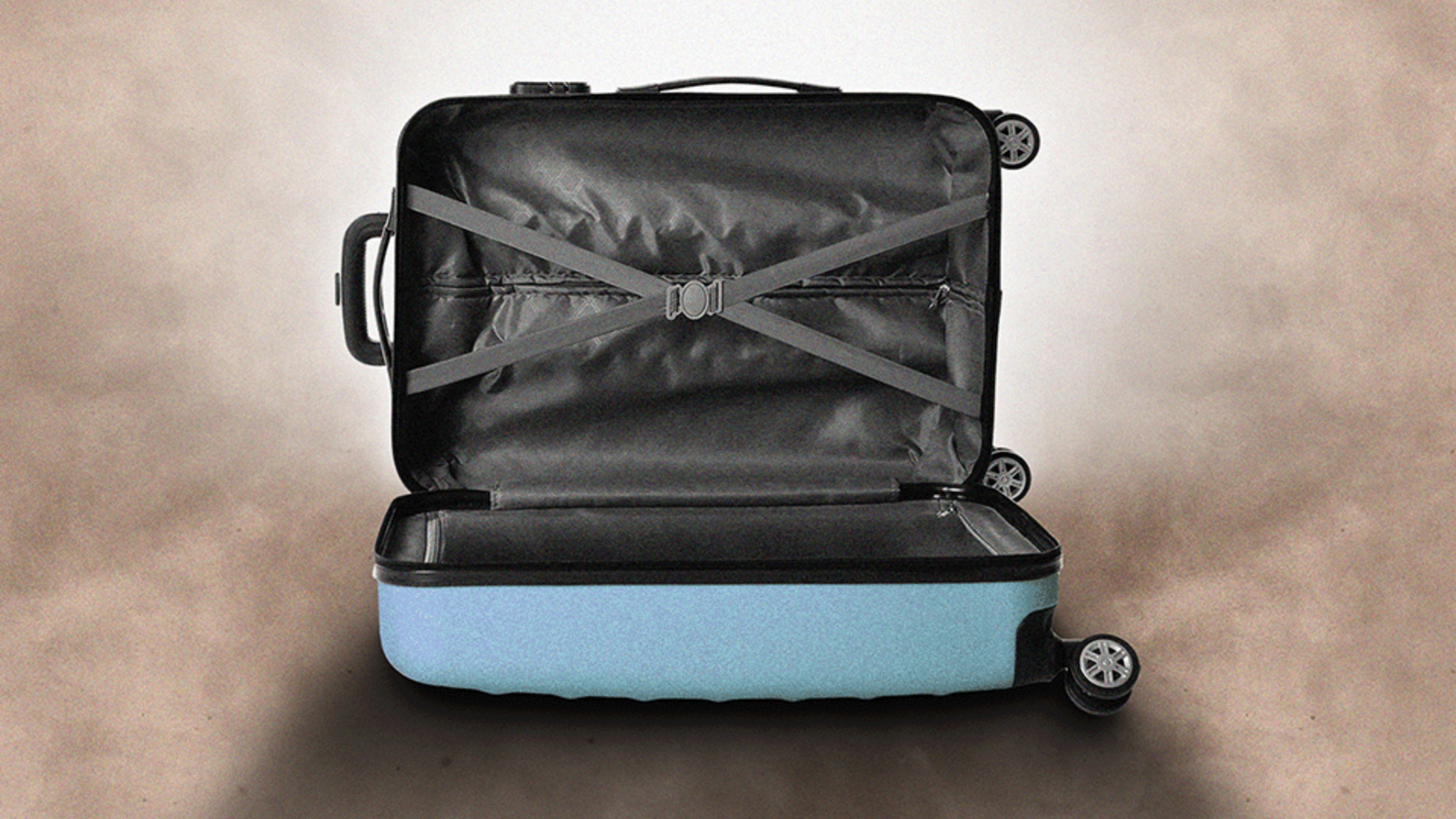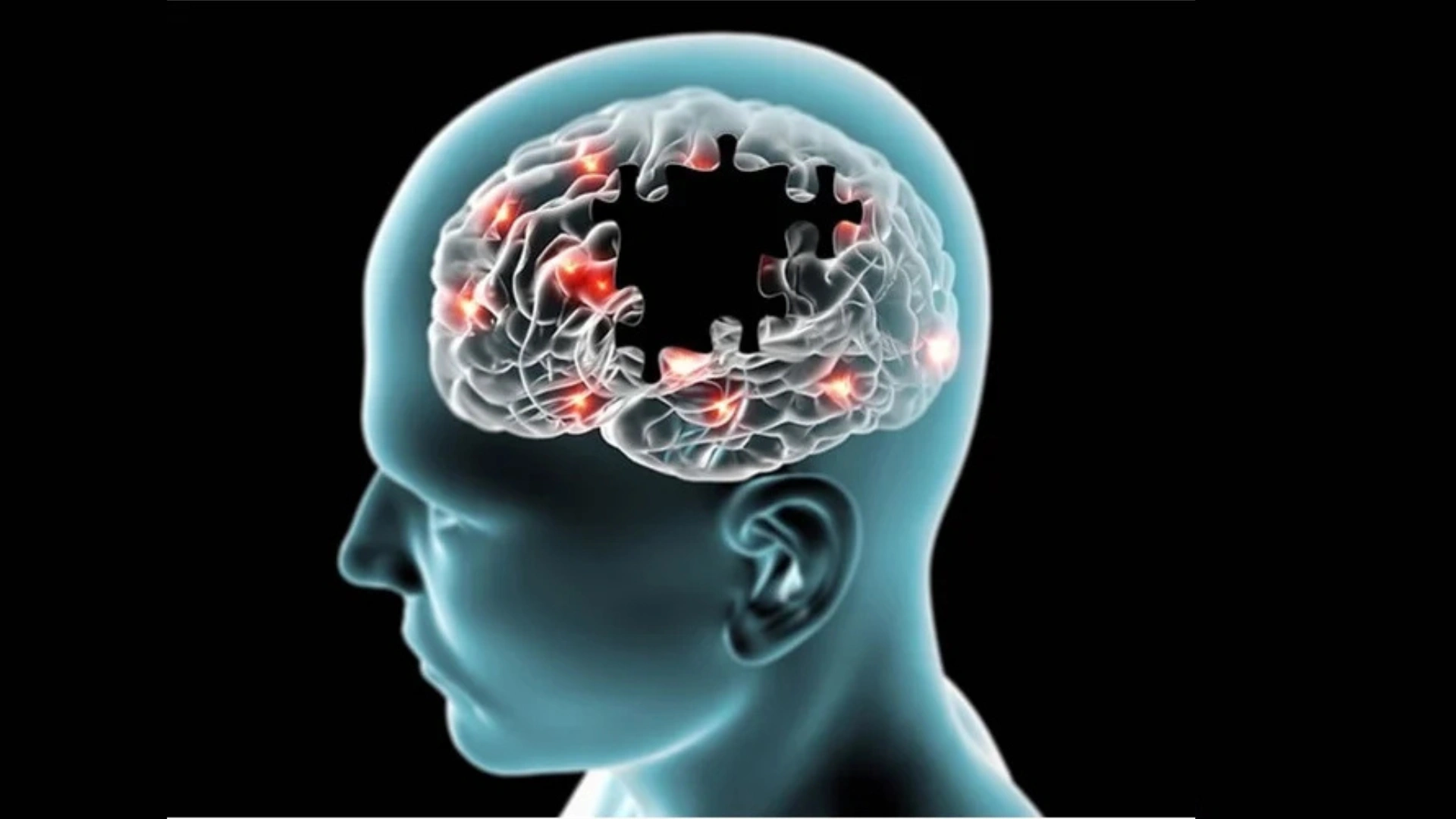Getting a chance to experience one of the best trips of a lifetime is one of the best feelings in the world for a traveller. But the blessed feeling of the best trip also comes with its own set of disadvantages. Every trip ends with not just a bag of memories but also with a baggage of sadness. And it is safe to say that post travel or post vacation blues are in-fact real.
Post-travel depression is exactly what it sounds like: a feeling of depression that occurs after you return from a trip. It can even start in the days leading up to the end, you always feel a little sad in the days leading up to your departure. Lethargy, loss of appetite, a lack of motivation, feelings of nostalgia.
Post-travel depression may have a major impact on your mental health and can continue for weeks or months. Many people who have returned home after year-long excursions throughout the world have admitted that they still don’t feel completely normal, even a year later.
Travel is transformative, which is one of the major reasons for this. You’ll feel like a new person once you’ve travelled the world, yet everyone you meet again may be exactly the same. It’s an odd sensation to ease back into your old life as if nothing has changed, despite the fact that everything has.
And it may be difficult to deal with so many amazing experiences that no one wants to hear about when friends and relatives get interested in your vacation for a week or two and then lose interest.
When the journey finally comes to a conclusion, returning home, whether from a two-week holiday or a multi-year round-the-world tour, can be difficult, and post-travel sadness may affect anybody, making it the time that everyone dreads. The enjoyment you feel on vacation frequently does not persist, which is one of the main causes of post-holiday sadness. People revert to baseline levels of happiness within a few days after their vacation is finished.
Also read: Ultimate Road Trip Checklist for Your Next Adventure
The major symptoms of Post-Vacation Depression.
When you return from vacation, it’s natural to feel a bit blue or depressed, but post-vacation melancholy can manifest itself in a variety of ways. Some common symptoms of post vacation depression that one might feel include:
- -stress
- -anxiety
- -sadness
- -fatigue
- -irritability
- -lack of focus
- -lack of motivation
- -trouble sleeping
The post-vacation blues, in most cases, fades away with time. However, it is likely different for everyone. It normally takes a few days for the post-travel depression to wear off, but in some situations, the mood might persist for weeks until it fades. They may be more pronounced the longer the trip lasts. This is due to the fact that after a person comes home, they realise how monotonous and unsatisfying their daily lifestyle routine is in comparison to the activities they participated in while on vacation.
The shorter the vacation, the simpler it is to overcome/adjust to a normal schedule. Tiredness, loss of appetite, intense emotions of nostalgia, and, in some circumstances, despair are all symptoms of post-vacation blues. The post-vacation blues may be exacerbated by jet lag.
The best ways to overcome the post vacation blues
-Keep Busy During the Final Days of Your Travels
The last thing you want is for your trip to be overwhelmed by a sense of loss as it comes to a close. Make the last few days of your vacation the busiest of the entire trip to overcome this.
This includes scheduling lessons, going on excursions, shopping for souvenirs, and taking long walks. It distracts your mind off the reality that you’ll be back home soon and allows you to appreciate where you are right now.
-
-If Possible, Don’t Return to Working or Studying Immediately
Returning home and instantly falling back into your regular routine is the best way to feel like you’ve returned to reality with a bang. This won’t be possible for everyone, but if you’re one of the lucky ones, set aside a few days after you return to ease back into normal life.
If you are unable to take more time off, consider ending your vacation on a Friday so that you may have the weekend to yourself. You may use this time to recover from jet lag, unpack and do laundry, catch up with friends, or simply go through your memories. If you take your time decompressing, the depression will not be as severe.
-
-Catch Up With Some Friends
Listening to other people’s vacation stories may be tedious, so talking about your trip with pals for any length of time might be difficult. However, if you’re suffering from post-travel blues, this can be a godsend. Meet up with a buddy and catch up on what you’ve been up to while you were absent.
Sure, you’ll be able to tell them about your adventures, but you’ll also be able to hear about what they’ve been up to while you’ve been away. This will keep you occupied and divert your focus away from how much you wish you were still overseas.
-
-Attempt to Maintain the Mindset of a Traveller
When you travel, you’ll often find yourself in a different frame of mind. When you’re on the road, you could be all about experiencing new things, signing up for interesting events, and eating as much wonderful cuisine as you can. When you reside somewhere, though, you prefer to eat at home, get into a pattern, and rarely sign up to try anything new.
This way of living does little to improve one’s mood. Maintain the buzz of excitement that comes with travel by adopting a traveller’s attitude. Take a culinary class in your hometown, keep taking surf lessons, take a dancing class or two, and treat yourself to a good meal every few weeks or so.
-
-Share Your Photos With Friends
Share your getaway photos with pals on Facebook and/or Instagram to relive your journey. It will make you feel productive and will brighten you up as you reflect on your wonderful experiences. However, if you do not want to share your trip with the entire world, be cautious with your privacy settings.
-
-Adjust your sleep schedule ahead of time
Many travellers suffer from jet lag after flying, especially if the journey spans many time zones. Jet lag can impair your ability to sleep on a regular schedule, and a loss of sleep quality and/or quantity may lead to feelings of disorientation and depression that your vacation is over.
Re-acclimate to your home time zone by waking up and going to bed several hours earlier or later for many days before your planned return. If at all feasible, try to maintain your normal sleep routine while on vacation. Keeping to a routine might assist ease the adjustment back to your usual life. Avoid caffeine for at least three to four hours before going to bed.
-
-Put something inexpensive and fun on your calendar
Plan an event to look forward to when you return, such as a movie, lunch with friends, or a game of golf, before you go. It doesn’t have to be an extravagant affair, especially since many people’s wallets are limited after their vacation splurges.
This scheduled event does not have to take place immediately. The week following a vacation might be clogged with backlogged work and domestic chores. A month from now could be excellent. It will serve as a reminder that the enjoyment does not end with the vacation.
-
-Pack a travel journal, take lots of photos and write in the journal
Even the most vivid memories fade. If you spend a few minutes each day of your trip writing down your experiences and misadventures, you’ll have a record to look back on for years. Include what you were thinking and what motivated you; record the heart-stopping moments.
It’s your vacation, as well as your journal. Documenting your vacation as much as possible is one approach to ease back into life after your holiday. Memories from your vacation might be represented via photos, diary entries, and keepsakes. Mementos can serve as a reminder that the time you spent there is still significant to you, even when you return to your regular routine.
-
-Re-Read Your Travel Diary or Travel Blog
Many people like keeping a record of those life-changing situations they encounter while travelling. If you opted to keep a travel diary or a travel blog throughout your journey, spend some time remembering the greatest memories and reflecting on what you learnt.
If you don’t want your writing to detract from your vacation, this could be an excellent time to start a blog. You may reminisce about the greatest aspects of your voyage, share your thoughts and feelings about returning home with your friends or anybody else who comes across it, and use it to comb over and edit your images.
-
-Find a Place for Your Souvenirs
If you bought mementos on your vacation, take some time to organise them and figure out where to put them. It will help fill your house with good memories and motivate you to travel more.
-
-Start Planning Your Next Trip
Planning your next trip is a great strategy to distract yourself from the post-vacation blues. Begin by sitting down and making a list of all the places you’d like to visit. Next, devise a strategy for turning your dream into a reality. You’ll have something to distract you from your prior trip now that you have a new emphasis in your life.
-
-Focus On Something Important
Concentrate on something that will help you in your daily life at home. It will not only help you adjust to the return, but it will also provide you with a feeling of purpose. Looking for work is one of the most stressful aspects for those who have been gone for a lengthy period of time.
-
-Start Taking Care of Yourself
It might be difficult to take adequate care of oneself while we travel. Perhaps you ate out for every meal and are feeling uneasy from all of that rich food; perhaps you spent two weeks laying by the pool while letting your fitness regimen fall apart; or perhaps you spent every night drinking and dancing and are anxious for a decent night’s sleep.
Travel isn’t always good for us, so use your return home to start taking care of yourself. Decide to eat healthier for a time, join a gym, go for a run, visit a spa, or simply sleep in. Taking care of oneself should help alleviate your sadness.























